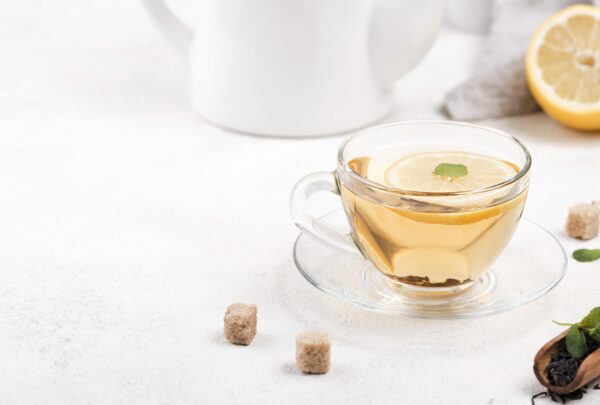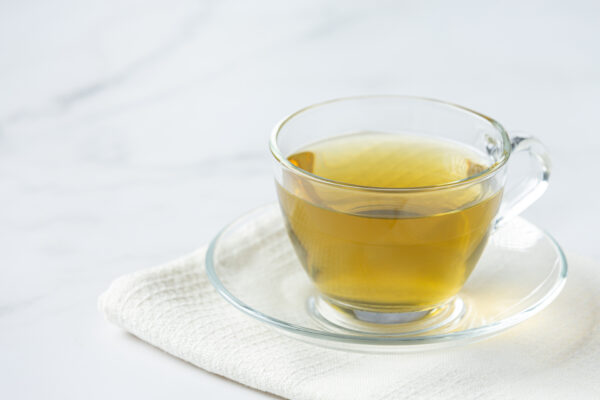
White tea, with its delicate flavor and numerous health benefits, stands out as a truly elegant beverage. Often revered for its subtlety and complexity, this tea variety has a long history, originating from the Fujian province of China. Let’s explore the world of white tea, from its origins to its diverse flavors and health-promoting properties.
Origins of White Tea
White tea is made from the young leaves and buds of the Camellia sinensis plant, the same plant used to produce green tea and black tea. The name “white tea” comes from the fine silvery-white hairs on the unopened buds of the tea plant, which give the young leaves a whitish appearance.
White tea is traditionally grown and harvested in China, primarily in the Fujian province. The most famous varieties include Silver Needle (Baihao Yinzhen), White Peony (Bai Mudan), and Long Life Eyebrow (Shou Mei). Each of these varieties is known for its unique flavor profile and appearance, making them highly sought after by tea connoisseurs around the world.
Flavors of White Tea
White tea is celebrated for its delicate flavor, which is often described as sweet, floral, and light. The flavor profile can vary depending on the specific variety and growing conditions. For example, Silver Needle white tea is known for its subtle, sweet taste with hints of melon and honey, while White Peony offers a fuller flavor with notes of apricot and peach.
The gentle processing of white tea, which involves minimal oxidation, preserves the natural flavors of the tea leaves. This results in a beverage that is refreshing and nuanced, making it a delightful choice for tea enthusiasts looking for a more refined drinking experience.

Health Benefits of White Tea
In addition to its exquisite flavor, white tea offers a range of health benefits, thanks to its high concentration of antioxidants and other beneficial compounds. Some of the key health benefits associated with white tea include:
- Antioxidant Properties: White tea is rich in antioxidants, such as catechins and polyphenols, which help protect the body against free radical damage and reduce the risk of chronic diseases.
- Heart Health: Studies suggest that white tea may help improve cardiovascular health by lowering cholesterol levels and reducing the risk of heart disease.
- Weight Management: Some research indicates that the compounds found in white tea may help boost metabolism and aid in weight loss efforts.
- Skin Health: The antioxidants in white tea may help protect the skin from damage caused by UV radiation and promote overall skin health.
- Antibacterial and Antiviral Properties: White tea has been found to possess antibacterial and antiviral properties, which may help support the immune system and protect against infections.
Brewing and Enjoying White Tea
To fully appreciate the delicate flavors of white tea, it’s important to brew it correctly. Here are some tips for brewing and enjoying white tea:

- Water Temperature: Use water that is around 175°F (80°C) to 185°F (85°C). Boiling water can scald the delicate tea leaves and result in a bitter brew.
- Steeping Time: Steep white tea for about 2-3 minutes for optimal flavor. Longer steeping times can lead to a stronger, more bitter taste.
- Tea-to-Water Ratio: Use about 1-2 teaspoons of white tea leaves per 8 ounces of water. Adjust the amount based on your personal taste preferences.
- Enjoyment: White tea can be enjoyed on its own or with a splash of honey or a slice of lemon to enhance the flavor. It pairs well with light snacks and desserts.
White tea is a beverage that delights the senses and offers a range of health benefits. Whether you’re a tea connoisseur or just beginning to explore the world of tea, white tea is a delightful choice that is sure to captivate your palate and nourish your body.

